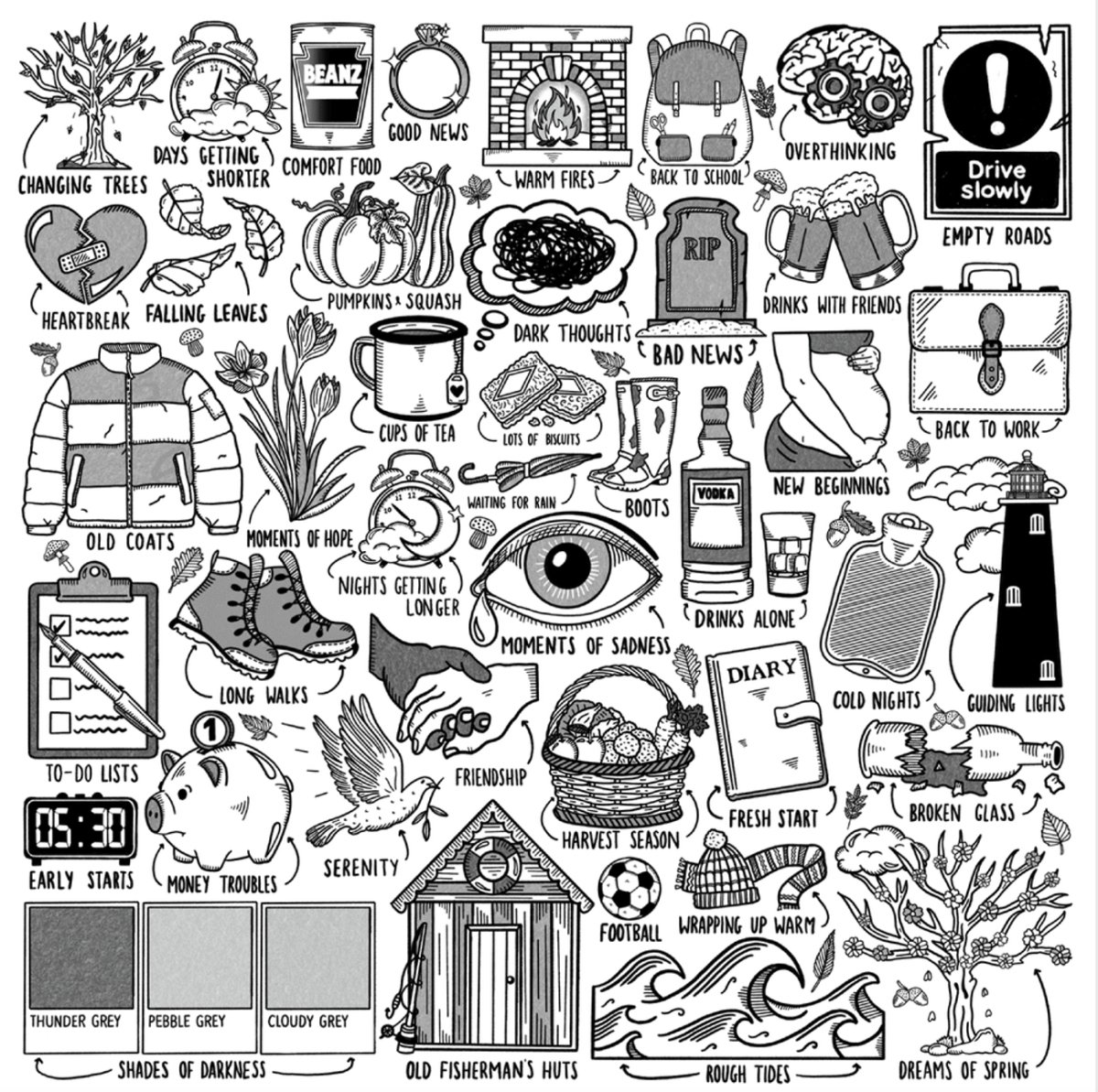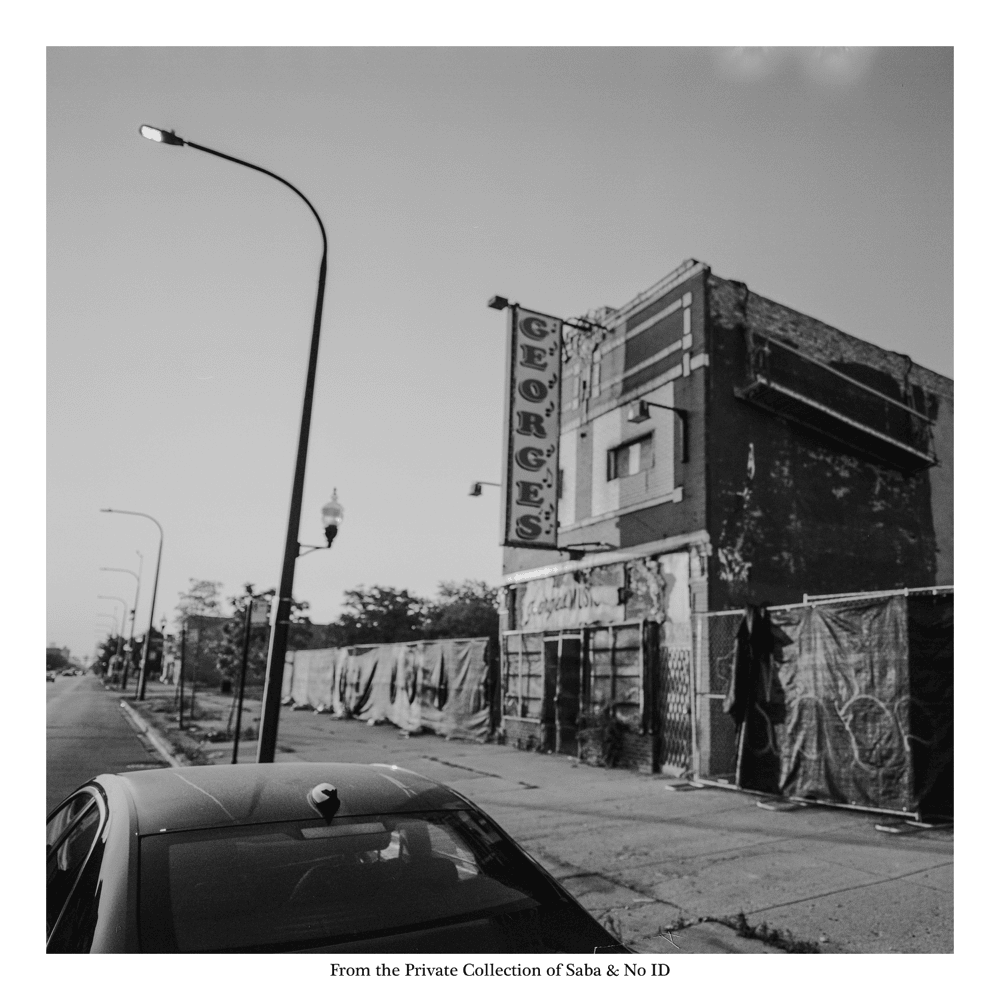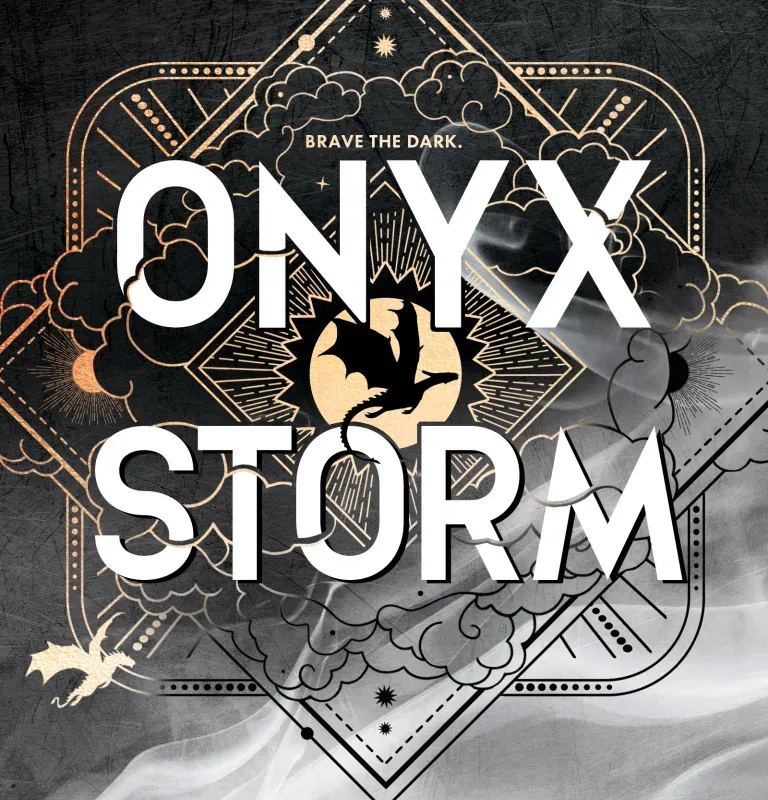As many people have, I have followed English singer-songwriter Ed Sheeran and his music since “+” was released and made known. I have witnessed the transformation of his musical identity, falling in love with not only his sentimental and meaningful songs but his most successful contributions to the radio as well. His latest album, “Autumn Variations,” however, sets himself apart from his past music, drawing people to calming melodies and sincere lyricism.
Released on Sept. 9 by his label, Gingerbread Man Records, “Autumn Variations” is Ed Sheeran’s second album this year and follows the well-known release of “-.” Interestingly, it is one of the only albums he has which does not have a mathematical symbol, and that contributes to the sincerity and vulnerability of the music he chose.
Preceding its release, Ed Sheeran shared that this album was created for the music and not for the radio. It is made apparent that he intended for there to be little commercial gain and for people to find themselves in the music. Inspired by “Enigma Variations,” which was composed by Elgar and written as 14 variations regarding each of his friends, “Autumn Variations” is a reflection of a period in his life where he and his friends were experiencing life’s changes.
The first song is “Magical,” and it is the one I love most. It sounds similar to the songs I fell in love with when I was younger and first listening to Ed Sheeran. It mimics the theme of the uncertainty of love and is a ballad reminiscent of the musicality we have known and loved. The song has a beautiful melody with a simple progression, contributing to the stunning lyrics sung in intricate harmonies. I find the instrumental to be repetitive, but it is in that simplicity that the lyricism is given a moment to shine.
“England” is what would be expected of Ed Sheeran. Having an interesting, electronic sound that mimics the city, I did not enjoy the melody. However, the lyricism was honest and provided detailed imagery that allowed me to live through his music. “Amazing” was not what I would expect from this release because the instrumental and melody differ from his other songs, involving the piano, guitar and percussion in a unique blend. The lyrics speak on insecurity and allowing oneself to feel when one is seemingly distracted by themself, which is powerful.
Illustrating purpose without reason and calling attention to the escapism drawn from depression, “Plastic Bag” encompasses beautiful lyricism masked by a unique melody played by a guitar and the progression of the instrumental. “Blue” is a slower melody, showcasing Ed Sheeran’s tone and capability to showcase emotion through his crooning voice. The music respects the meaning of the song by having simplicity in its production. I noted the lyric, “Silence is never golden, you know that it’s only blue,” because the lyrics are what made me appreciate this song and Ed Sheeren’s intricate writing.
Aaron Dessner’s contributions to the album are made known by “American Town” and “That’s On Me.” I found that the guitar strumming patterns, percussion and tambourine reminded me of a Taylor Swift song, and the instrumentals mimicked sounds associated with Swift’s albums “Folklore” and “Evermore.”
The song, “Page,” relates life to being held to one page, which was interesting. The guitar chords and the harmonies sounded very similar to a majority of the songs on the album, which made me bored and tired of the repetition. “Midnight” had more of a nostalgic feeling, and the guitar and harmonic combination reflected the 1970s musicality. It was very unexpected in that regard, but I thought the lyricism did not align with the tone of the instrumental. “Spring” speaks of overcoming the winter — the trial — to see the sun. Again, the guitar strumming was simple and repetitive, but his melancholic voice carried through the song with strength and clarity, making the song enjoyable to listen to.
“Punchline” had vulnerable lyricism, and the simple acoustics were beautiful. The guitar strumming and tambourine built upon themselves to introduce the percussion, accompanying beautiful harmonies and his echoing voice. The song is boring, but the meaning is significant and derives from passion. “When Will I Be Alright” showcases Ed Sheeran’s vocal range and aligns with the alternative and indie musicality. The song sounds similar to the others but includes string instruments, which contributes greatly to the intricacy of the composition in its entirety.
“The Day I Was Born” reminds me of a song that would be sung in a pub because of the simplicity of the piano and guitar, which draws one to the honest and understandable lyrics. The inclusion of scat makes the song enjoyable to sing, as well. “Head > Heels” is a beautiful song in consideration of the simplicity of the piano and percussion, decisive harmonies and intentional lyrics. The transformation of an intimate love from the beginning to the end, to the past and to what will begin again is spoken in a truthful way. It is a beautiful story which Ed Sheeran illustrates almost perfectly.
In all, this album is beautiful with complex lyrics and stunning melodies. However, it is repetitive with the musicality and instrumental choices. “Autumn Variations” is a truthful exploration of despondency and of detachment from oneself, reflecting on the loss and the hope of living and growing older. Disguised by the beautiful imagery found in the lyricism and nostalgic melodies, the music is calming and familiar. Though I found myself bored, Ed Sheeran’s voice and musicality always draw me in.
“Autumn Variations”: ★★★★✩










